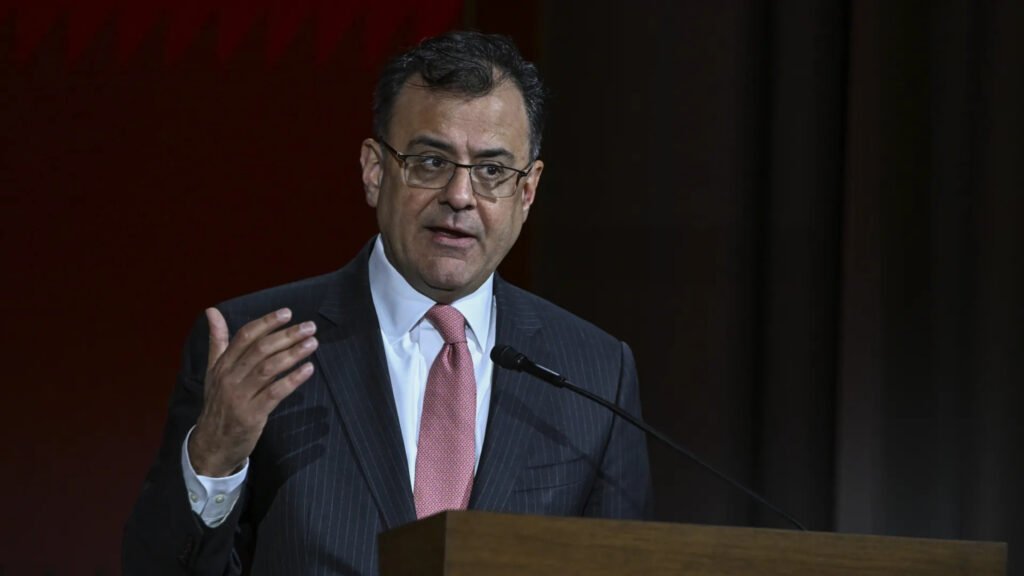
Google’s Recognition of Malaysia’s AI Infrastructure Strategy
KUALA LUMPUR – Google has praised Malaysia’s approach to developing its artificial intelligence (AI) infrastructure under the leadership of Prime Minister Datuk Seri Anwar Ibrahim, with the tech giant committing US$2 billion (RM8.93 billion) to support the country’s growth.
Speaking at the APEC Summit in Peru, Karan Bhatia, Google’s Vice President of Government Affairs and Public Policy, noted that Malaysia’s strategic AI infrastructure plans led to Google’s significant US$2 billion investment in a new data centre.

Google’s Investment to Meet Cloud Services Demand
In May 2024, Google made a landmark US$2 billion investment, which includes building the country’s first data centre and launching a Google Cloud region to meet growing demand for cloud services. Google will also offer AI education initiatives targeting students and educators. This investment is expected to generate over US$3.2 billion (RM14.29 billion) in economic impact and create 26,500 jobs by 2030.
Microsoft’s Positive Assessment of Malaysia’s National AI Roadmap
Microsoft’s Zia Mansoor also commended Malaysia’s National AI Roadmap, highlighting its comprehensive scope, which includes both infrastructure development and the training of Malaysians in AI technologies. Mansoor made these remarks during the APEC CEO Summit in Peru 2024.
Prime Minister Anwar’s Meeting with Google in Peru
On November 15, Prime Minister Anwar met with Google representatives in Peru to discuss the role of AI and data centres in Malaysia’s future. He emphasized the importance of strengthening AI ecosystems while ensuring protection from data exploitation. Anwar also noted Malaysia’s readiness to adjust its policies to attract further high-value investments.



